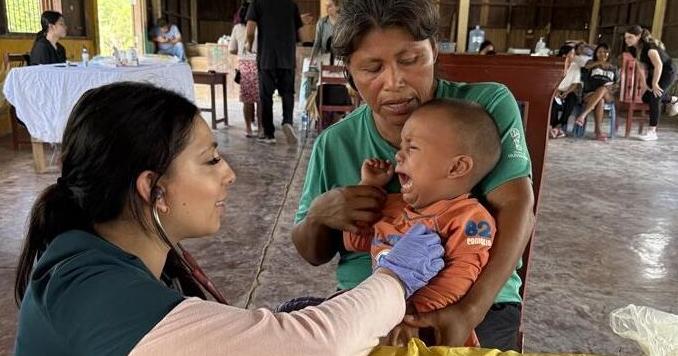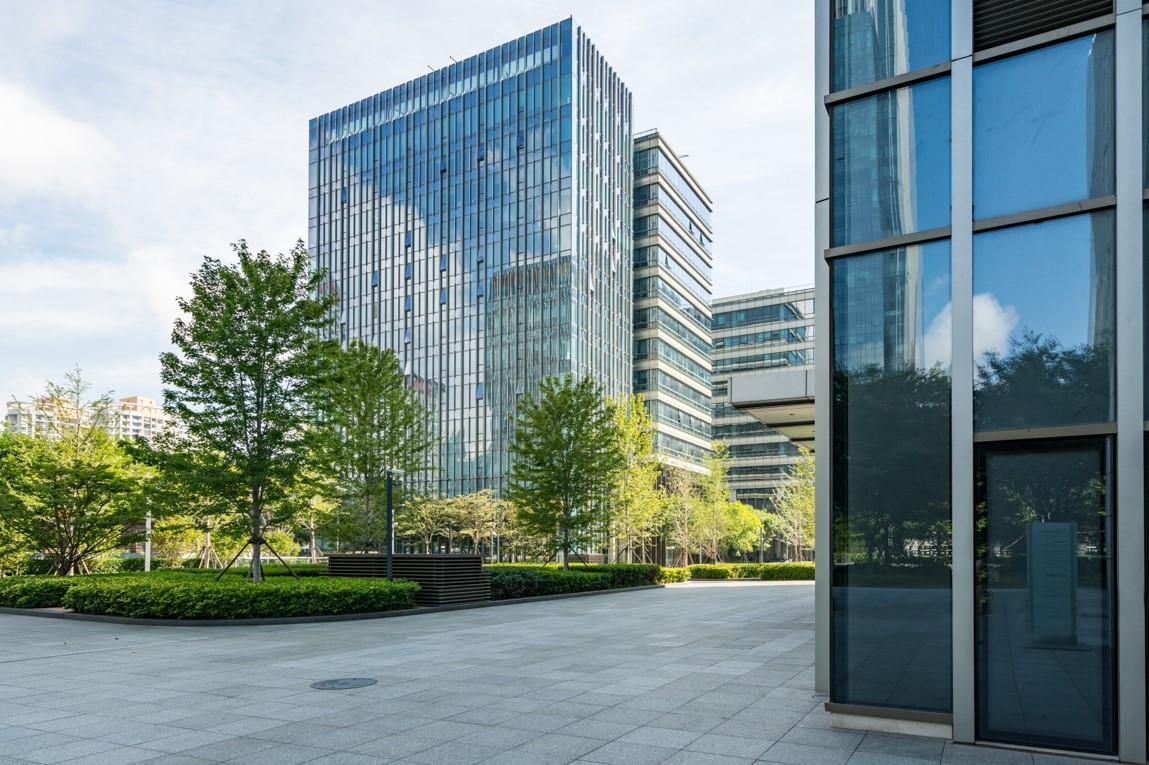
Big Boosts for Healthcare
Central to the 2025-26 Budget is a commitment to healthcare.
Over the last two years, the province has spent $15.7 billion on healthcare services.
This year’s budget builds on that by allocating a record $8.1 billion to the Ministry of Health, an increase of $485 million, or 6.4%.
The Saskatchewan Health Authority will receive $4.9 billion, up $261 million (5.6%), while the Saskatchewan Cancer Agency will see an increase of 12.2%, receiving $279 million.
This extra spending targets better patient access and faster care, with the aim of reducing surgical wait times by performing 450,000 procedures over the next four years.
Realigning services at Saskatoon City Hospital is also a priority, and the plan calls for more than 100 new beds to ease inpatient capacity and emergency room pressures.
The Saskatoon City Hospital’s emergency room is not currently operating 24/7.
Mental health and addictions services continue to be a focus as the government deals with a fentanyl overdose crisis, accounting for $624 million, or 7.7% of the overall health budget.
An additional $20 million will go toward targeted initiatives, including the multi-year Mental Health and Addictions Action Plan and efforts to provide 500 new addictions treatment spaces across the province.
Reiter said these investments will “ensure Saskatchewan residents have access to critical support services when they need them.”
The government will spend $657 million, the largest capital investment in healthcare infrastructure to date.
This includes new urgent care centres in several communities, such as Moose Jaw and Prince Albert, with second urgent care facilities planned for both Regina and Saskatoon.
Meanwhile, expansions to Complex Needs Emergency Shelters are expected to help those facing the greatest challenges, building on pilot projects in Regina and Saskatoon.
Education Funding on the Rise
Education also receives a significant share of the spending increases.
The Ministry of Education budget is set at $3.5 billion, a boost of $184 million (5.5%) compared to last year.
Operating funding for schools will rise by $186 million, or 8.4%, for a total of $2.4 billion.
Reiter said this reflects the government’s commitment to “support students, parents, and teachers as Saskatchewan’s population grows.”
This year’s budget includes an additional $130 million to fund the newly negotiated teacher collective agreement and to accommodate rising student enrolment.
With more families moving to Saskatchewan, the province says these added resources will help address current classroom pressures.
One innovative measure is the expansion of specialized support classrooms.
Last year’s pilot program, launched in eight schools, proved successful at providing extra help to students who need it most and reducing interruptions for others.
Now, 50 new specialized support classrooms will open across the province, expanding to 200 over the next four years.
Reiter highlighted the importance of literacy, announcing new funding aimed at improving reading skills for kindergarten to Grade 3 students.
“Learning to read is a foundational skill,” said Reiter.
“Early literacy sets the stage for academic success and future career opportunities.”
School Infrastructure and Planning
As part of efforts to manage growing enrolment, the province will spend $191 million on school capital projects.
That includes funding for 21 new or consolidated schools and three major renovations, plus money to begin planning for one new replacement school and to pre-plan for four new schools in Saskatoon.
These projects are intended to keep pace with the demands of a rapidly expanding student population.
Beck questioned whether these infrastructure plans are realistic.
She accused the government of “wishful thinking,” citing what she called “stalled projects” and delays in previous budgets.
Reiter countered that the province’s fiscal discipline allows for both strong capital spending and a balanced budget.
Looking Ahead
While concerns about US tariffs continue to cast a shadow over the economic outlook, Reiter expressed confidence that Saskatchewan is ready to handle any fallout.
He credited the province’s diverse industries and track record of responsible budgeting for keeping Saskatchewan on a stable path.
“We will not let external pressures stop us from delivering for Saskatchewan people,” said Reiter.
“By maintaining a balanced budget, we can invest in vital services like healthcare and education, keep our communities safe and ensure that our province remains one of the best places to live.”
The government does expect a $1.4 billion hit to revenue if the proposed Trump tariffs and China’s tariffs persist over the next year.
There is no contingency fund built into the budget.
However, Premier Scott Moe said that with a balanced budget, it puts the province in a “strong position to respond” to the tariff wars.
Although critics fear the government’s revenue projections may be too optimistic, Reiter insists the numbers are sound thanks to what he calls a “prudent approach” to financial management that balances today’s needs with tomorrow’s challenges.
link







